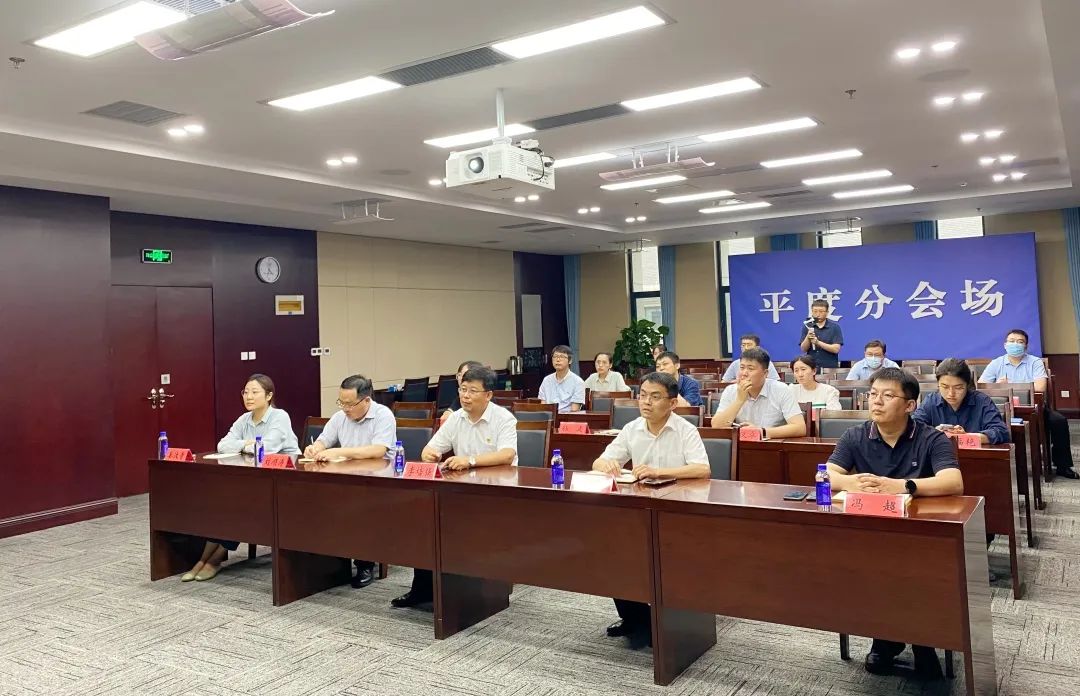Hong Kong media: China's "digital tourism" is waiting to be accepted
Author:Global Times Time:2022.07.12
Hong Kong's "South China Morning Post" July 11 article, original title: Chinese office workers leave the crowded compartment, go to remote places for freedom, look at the scenery there to close the laptop, stare at the ancient forest outside the window, Liu Nian, Liu Nian, Liu Nian (Sound) At this time, he was intoxicated in the surrounding mountain forests. Of course, it is better than the scenery seen from the office compartment. In a hidden cafe in Dali City, Yunnan Province, China, the 31 -year -old creative director felt refreshing during long -range work. On the bus crossing southern China, next to the green tea garden in Zhejiang Province, on the Qinghai -Tibet Plateau overlooking the quiet valley, Liu can work in various unusual places.
Like Liu, more and more young office workers in China have realized that as long as they have the Internet and a laptop, they can work anywhere. This trend was driven by the epidemic of new crown pneumonia. During this period, countless office workers were forced to accept the arrangement of work at home. These "digital tourists", which combine work and travel together, tend to believe that their goals are not just traveling around the world or becoming rich, but pursuing freedom and higher quality.

Office workers data map source Visual China
The white paper released by the online tourism social platform "Ant Honeycomb" earlier this year shows that more than 60%of the Chinese are eager to become a digital tourist. However, according to the China Think Tank's "Future Work Institute" report, more than 34%of the world's employees worldwide have long been in a long -range office state. But in China, only 1%of the 1.4 billion population can work remotely. However, the report pointed out that with the increasing popularity of high -speed 5G networks, cloud computing and other new technologies, as well as multinational companies abandoning the old model on work arrangements and trying permanent remote office in China, this situation seems to be changing.
Chinese local governments and enterprises are also assessing emerging remote office trends while seeking development opportunities. A grass -roots official in Fengyangyi Village in Dali City said they hope that the local dynamic digital nomad community can bring more sustainable resources.
"Most (China) people like to be determined and stable, but (digital nomads) represent a way of unstable and wandering lifestyle." Liu Nian said, "We want to help the public understand the digital nomads. We are not working. It is not unemployment. "Liu Nian added that when the trend of digital nomad became more popular and accepted, supportive infrastructure and policies, such as social and medical insurance, will follow. (Author Sun Yue (Sound), Wen Yuan translated)
- END -
Flexible response, migrant workers adjust the rhythm and start
Some people look for part -time jobs to fill their idle, and some people choose to spend more time to accompany their families ...Flexible response, migrant workers adjust the rhythm and startReporter
Pingdu Municipal Party Committee's "Make -up Raise Year" event special class "Micro Class Hall • Everyone Talk" Six Lectures

On the afternoon of June 30, Pingdu Municipal Party Committee's Make -ups Improvem...